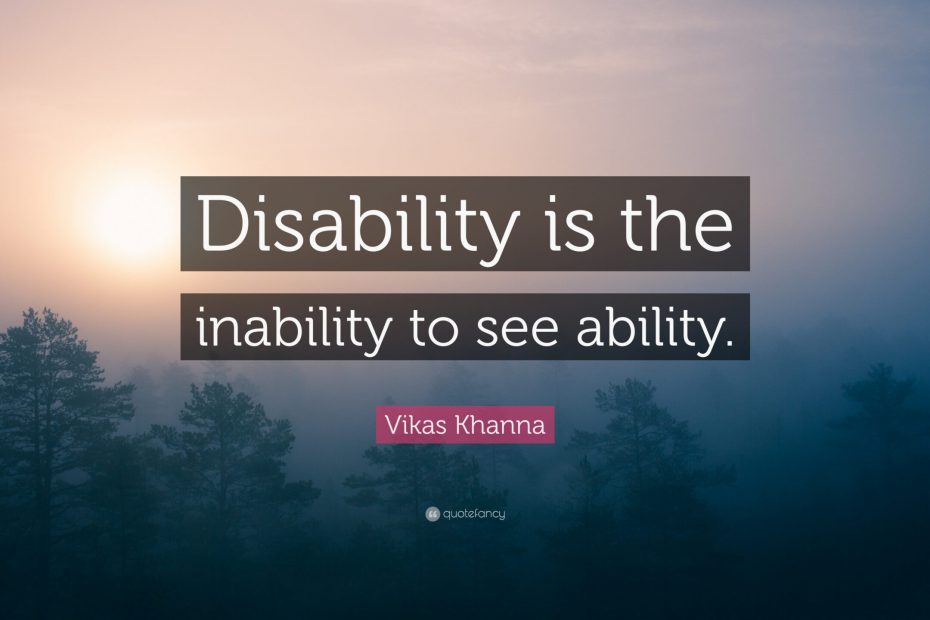What model of disability do people with dyslexia in university archaeology courses experience?
O’Mahony, T. (2017)
figshare. doi: 10.6084/m9.figshare.5394382.v1.
This study investigated specifically the experiences of dyslexic people on archaeology courses within the ‘medical’ and ‘social’ models of disability. Generally, the Western medical model envisages disabled people as responsible for their disabilities, whereas the social model incriminates society for creating the barriers that often hinder disabled people’s
inclusion within society at large.
It was found that although the medical model is still deeply embedded in the negative attitudes and actions of some universities’ archaeological culture, the social model is starting to positively affect the cultural dynamics and policies within archaeology departments. Indeed, the positive attitudes and actions encouraged by the social model are gradually improving the quality of dyslexic people’s experiences of archaeology modules. Therefore, a mixture of both models of disability was found to be experienced by some dyslexic interviewees.
Yet, as one interviewee’s medical model experiences resulted in her attempted suicide and eventual nervous breakdown, approaches were proffered to eradicate negative attitudes in favour of the positive attitudinal actions of the social model of disability. Ultimately, this research showed that a more personal relationship between University staff and students affected by dyslexia can increase solidarity for and acceptance of all dyslexic and disabled students into archaeology modules.
Read Theresa’s full dissertation here: https://ndownloader.figshare.com/files/9288433
